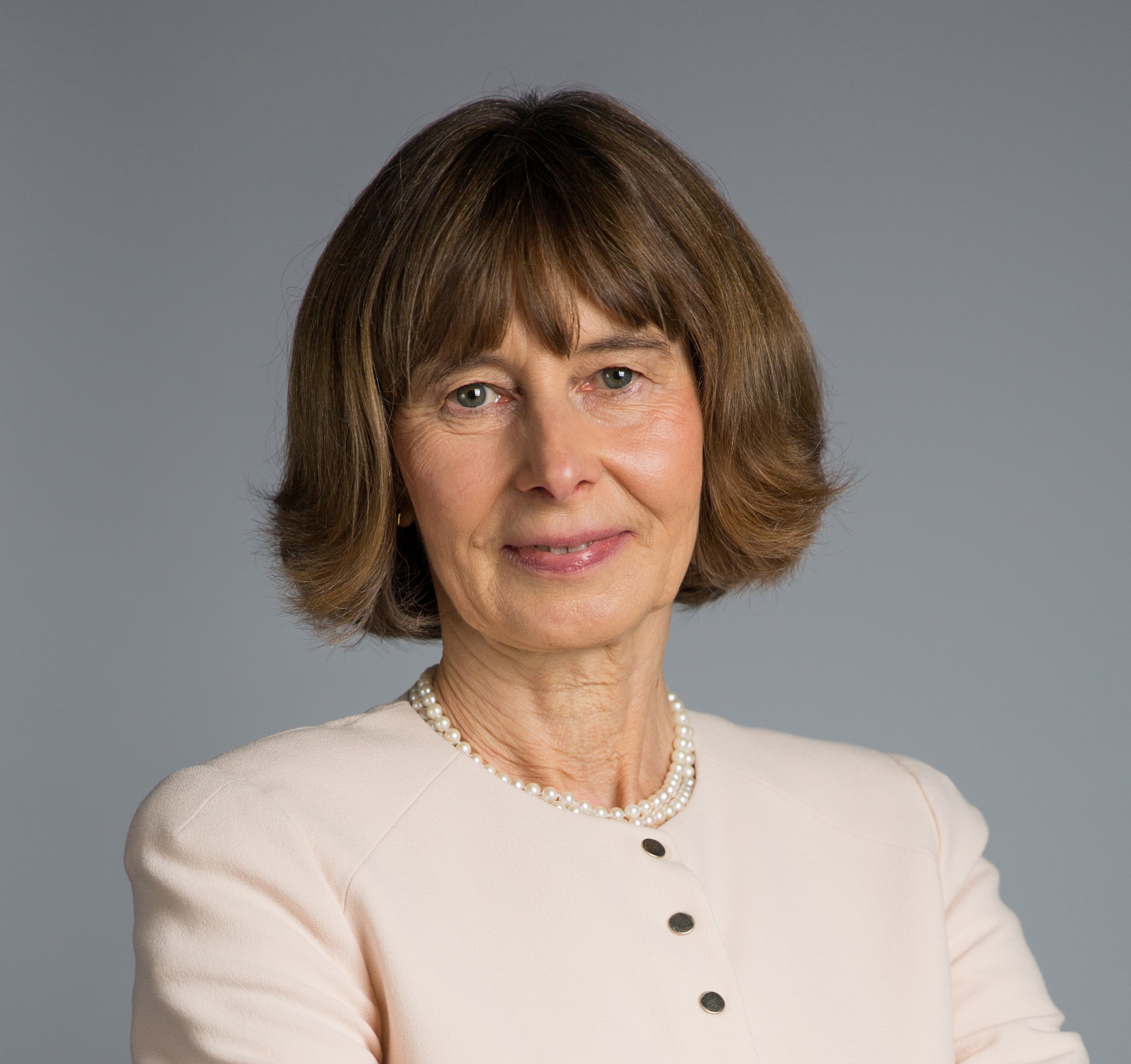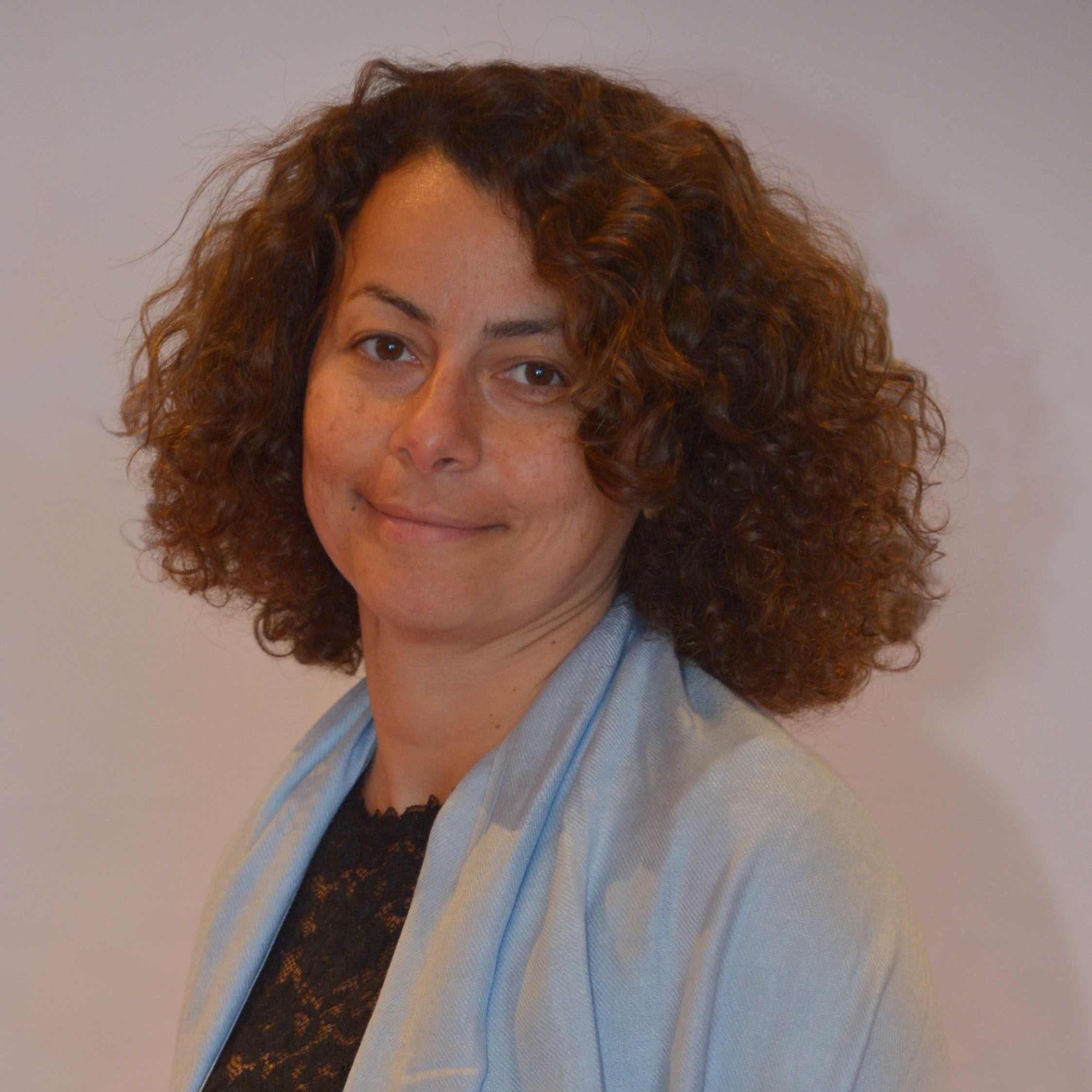Program Keynote Speakers at UbiComp / ISWC 2019
Machine learning models for ubiquitous systems with safety and reliability guarantees
Marta Kwiatkowska, University of Oxford
Abstract
Computing devices support us in almost all everyday tasks, from smartphones and wearable devices, to self-driving cars and robots. Driven by applications in health and behavioural monitoring, as well as affective computing, there is a growing demand for computational models that are able to accurately predict multimodal features from a multitude of sensor data. While machine learning models excel at identifying features in physiological signals, they lack reliability guarantees and need to be adapted to the user. Using illustrative examples, this lecture will give an overview of modelling and personalisation techniques and their role in a variety of applications, including medical devices, biometric security, cobotics and self-driving cars. It will also explore the problems of ensuring that systems that rely on learning will behave correctly, both in situations that they have seen in training, and in situations that they haven’t.
Bio
Marta Kwiatkowska is Professor of Computing Systems and Fellow of Trinity College, University of Oxford. She is known for fundamental contributions to the theory and practice of model checking for probabilistic systems. She led the development of the PRISM model checker, the leading software tool in the area. Probabilistic model checking has been adopted in diverse fields, including distributed computing, wireless networks, security, robotics, healthcare, systems biology, DNA computing and nanotechnology, with genuine flaws found and corrected in real-world protocols. Kwiatkowska was awarded two ERC Advanced Grants, VERIWARE and FUN2MODEL, and is a coinvestigator of the EPSRC Programme Grant on Mobile Autonomy. She was honoured with the Royal Society Milner Award in 2018 and the Lovelace Medal in 2019, and is a Fellow of the Royal Society, ACM and BCS, and Member of Academia Europea.

Liberating Technologies to Venture into the real world
Lama Nachman, Intel Fellow, Director of Anticipatory Computing Lab
Abstract
Over the last decade, we have seen amazing adoption of sensing into our daily lives, from smart phones, to wearables to virtual home assistants, to many others. However, while sensing has indeed become ubiquitous, technology continues to be highly dependent on us, asking for input, expecting us to provide every detail and bombarding us with irrelevant information. The Ubicomp community has been at the forefront of creating context aware technologies that are needed to liberate technology to become more proactive and take on more agency, but much more is needed. In this talk, I will discuss some of the work we have done in assistive computing and the Stephen Hawking project, the challenges in getting these technologies out into the world, and highlight some of the interesting research problems that I see moving forward.
Bio
Lama Nachman is an Intel fellow and Director of Anticipatory Computing Lab in Intel Labs. Her research is focused on creating contextually aware experiences that understand users through sensing and sense making, anticipate their needs and act on their behalf. She leads a multi-disciplinary team of researchers that explore new user experiences, sensing systems, algorithms and applications and transfer these capabilities to biz units to impact future Intel products. Lama has 23 years of experience in the areas of context aware computing, multi-modal interactions, sensor networks, computer architecture, embedded systems and wireless technologies. Previous assignments at Intel involved researching and developing the next generation of self-organizing sensor network nodes (Intel Mote Platforms). She deployed these technologies in health applications as well as various commercial and industrial settings. Prior to joining Intel, Lama has held senior positions at Ubicom Inc, Weave Innovations and Microsoft Corporation. Lama received her MS and BS in computer engineering at the University of Wisconsin-Madison.

